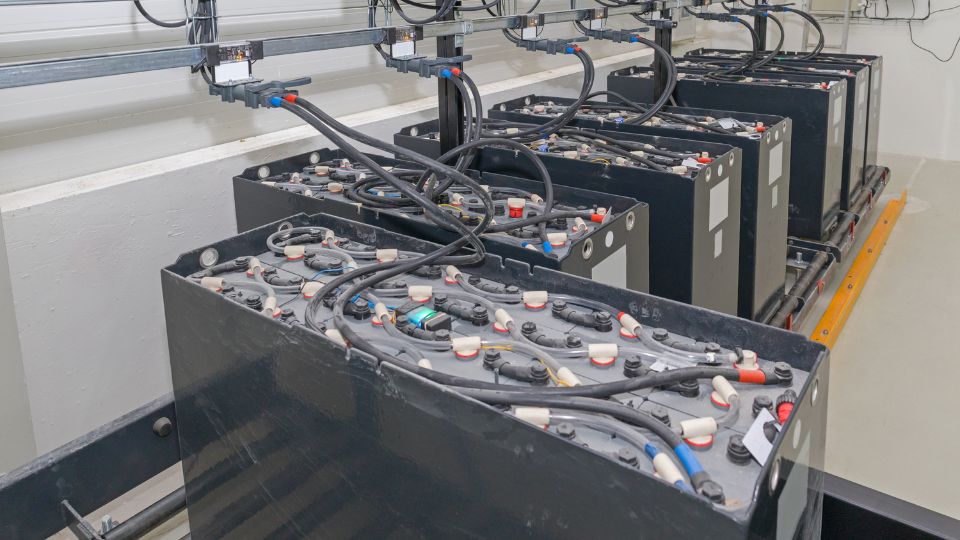Fuel charges are difficult enough for carriers to fit into their current operating budgets, let alone battling fraudulent payments. Cybercriminals cause this difficulty by scamming fleet drivers, and using phishing schemes to steal PIN codes and identities. Scammers have also installed devices at truck stop duel pumps that appear as legitimate card readers. The fraudulent device captures the information on the truck driver’s payment card.
Hemant Banavar, vice president of financial products at San Francisco-based Motive, noted the problem is increased by the lack of innovation in chip technology: “Some of the cards that exist in the market today don’t have a mechanism to prevent them from skimming. There are still the magnet strip cards and they don’t have any of the advanced security like the chip.”

CEO of Chicago-based Pure Freight Lines, Milo Dubak, found out in a costly way what happens when the scammers succeed. Fuel card skimming was happening weekly, costing the fleet up to $10,000 per month in fraudulent charges: “At that point, we’re having to cancel the fuel cards, figuring out where the driver has gone from point-to-point or if the driver was involved. That is always an uncomfortable conversation, but you’ve got to go through the motions.”
In 2021, card skimming became a daily nightmare for Evans Delivery, a container drayage carrier based in Schuylkill Haven, Pa. Evans utilizes over 7,500 independent contractors to do the hauling and grants fuel cards for drivers. As card skimming became a national issue, Meghan McBride, the fleet’s manager of business operations, found herself with an unwanted full-time task: dealing with upward of $60,000 of fraudulent charges per month. “Unfortunately, things happened. Guys wouldn’t enter their entire card number. They’d only enter their last four digits. They would get locked out and we’d have to get EFS on the phone,” said McBridge.
With a fraud scheme that combines physical tampering with digital tools, it’s no surprise that fintech firms are pulling out all the tactics to fight back, such as deploying geofencing for card deactivation. To combat these problems, Motive applies AI and machine learning to identify suspected skimming by detecting anomalies in tank levels. This method will need to hold until further companies can invest finances into cybersecurity and fleet-supplier protection.









